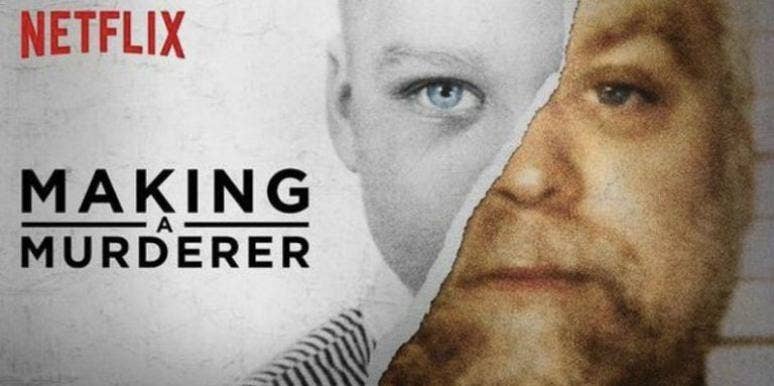Why Brands Should Take a Closer Look at Podcasts
Culum Simpson, a sound engineer at Grand Central Recording Studios, reveals his love of podcasts and tells us why more brands should be taking advantage of them.
Although the term podcast, a portmanteau of iPod and broadcast, is a relatively recent invention, ‘audio blogging’ has been around since the the advent of the internet – if not before - but it was the invention of the portable MP3 player and mobile streaming services that made the medium what it is today.
Almost 40% of the population are now regularly listening to podcasts. They are finding an audience of traditionally harder to reach, highly educated, consumers who are always out and about thus moving away from traditionally scheduled TV and radio. For this kind of person, the podcast is perfect. A huge range of content on a wide range of topics, a near limitless wealth of knowledge in their pockets.

Above: Culum Simpson, sound designer at GCRS London.
But let’s not just talk about the consumers; podcasts can be relatively easy to create as well. Most people have a mic on their phone, and in its simplest guise, that is about all you need to get started. It is a medium that gives everyone that wants to be heard a voice – and as there is no set format, anything goes.
"I am excited to see audio take the central role in this movement and happy to hear that video has not quite killed the radio star."
It is this mentality that has paved the way for some seminal works that otherwise would not have been made due to budgetary constructions. Take Serial, for example, not only did it take the country by storm, it was the precursor of one of the most on-trend TV formats in recent memory: the long-form crime documentary. Without it, we would not have Making a Murderer, Jinx, or the more recent Wild Wild Country, and without podcasting we would not have had Serial.

So, podcasts are easy to distribute, can tackle just about any topic imaginable and are wildly popular with people from all demographics. Yet, despite this success, it is still a relatively untapped area for brands.
"As I see it, the podcast could be a great tool to bolster the effect of traditional advertising."
Recently there have been a few interesting efforts. Fashion brand Chloé has launched what they describe as ‘a podcast series featuring women who embody Chloé’s natural, free-spirited femininity’, and the Penguin Podcast offers ‘an intimate fortnightly conversation with authors and the objects that inspired their books’. Both are using the platform to explore the context of the world their brands live within, rather than directly focusing on product – something that is not as easily communicated with a sponsorship or traditional campaign.
As I see it, the podcast could be a great tool to bolster the effect of traditional advertising.
It could be as long or as short as necessary and could go into far more detail than you could in a 60-second TV spot and be a real chance to experiment imaginatively with a far smaller financial risk.

Travel, food and banking are all areas that could lend themselves well to the podcast platform. Essentially subjects in which many people are interested, but where few experts exist should be a success. They are also topics that would work well as a series and, particularly with food and travel, there is great opportunity for some creative audio.
This is all great news from a creative standpoint but can throw up a few problems from a technical point of view. A lot of the audio that I receive to mix into podcasts is often of a very poor quality which, in a finished product, can make it hard to get a coherent message across.
"Recently there have been a few interesting efforts... the Penguin Podcast offers ‘an intimate fortnightly conversation with authors and the objects that inspired their books’."
When more people use professional facilities to record content for the medium the recordings will not only be that much clearer, but it will also give scope to broaden the creative output, with the use of sound design, music composition and - going one stage further - 3D binaural recordings, which work their best in headphones and could be used to great creative effect.
As sound engineer I am excited to see audio take the central role in this movement and happy to hear that video has not quite killed the radio star.
Culum Simpson is a Sound Engineer at Grand Central Recording Studios in Soho, London.
Connections
powered by
- Sound Design Grand Central Recording Studios (GCRS)
- Sound Designer Culum Simpson
Unlock this information and more with a Source membership.
)






 Membership
Membership


